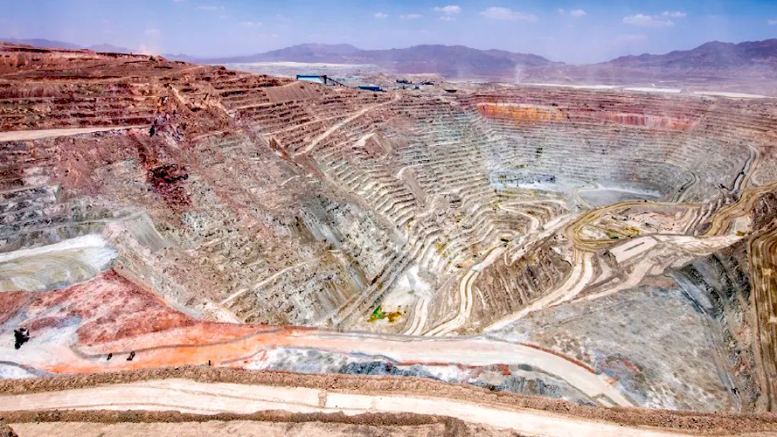BHP (ASX: BHP; LSE: BHP; NYSE: BHP) plans to request the Chilean government mediate in talks with union leaders at Escondida to avert a strike at the operation, the world’s largest copper mine.
Workers rejected on Thursday the latest offer from BHP which, according to the union, sets “one-time bonuses” and extended work days, and cuts benefits.
Union leaders are demanding that 1% of dividends are distributed equally among workers and that shifts and benefits remain untouched.
Under Chilean labour laws, either party can request up to five days of government-mediated negotiations, which can be extended by another five days if both parties agree, in order to prevent a strike.
BHP said in a statement that it would seek government mediation “in the coming days” with the goal of reaching “an agreement that aligns with worker aspirations and ensures Escondida’s future sustainability.”
Strong copper prices earlier this year not only boosted companies’ profits, but also raised employee expectations. The bull run now seems to be on hold, as funds have begun cutting their long positions on the copper market.
The London Metal Exchange’s (LME) three-month price has retreated from its record high of US$1,104.50 per tonne in May to the current US$9,000.
“Any prolonged outage would likely keep copper treatment charges (TC) and refining charges (RC) close to zero,” BMO’s head of Commodities Research, Colin Hamilton, wrote in a note to clients.
The analyst also said the threat of a strike at Escondida leaves in limbo BHP’s plans for investment in a new concentrator at the facility.
The last significant time Escondida workers downed tools was in 2017. More than 2,300 union members took part in a 44-day strike that hurt production, drove global copper prices up and became the longest private-sector mining strike in Chile’s history.
It’s estimated that Escondida — responsible for about 5% of the world’s total copper output — failed to produce more than 120,000 tonnes of the red metal due to that stoppage.
While majority-owned and operated by BHP, Rio Tinto and Japanese companies such as Mitsubishi Corp also hold stakes in the mine.
Chile is the world’s biggest copper producer, and sales of the metal make up for about 60% its export earnings.


Be the first to comment on "BHP turns to mediation to avoid strike at Escondida"